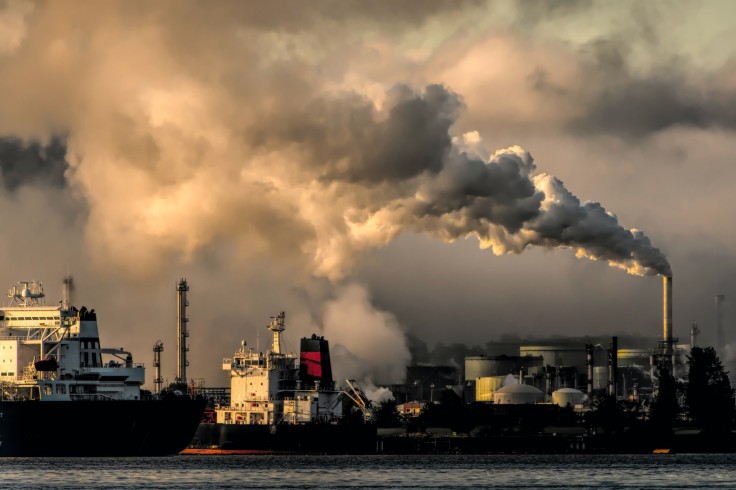
Canberra will ban new fossil fuel cars in 2035. New cars, motorcycles, and tractors will be regulated under ACT's proposed regulations.
Fossil Fueled Cars Will Be Banned in Canberra Soon
Starting in 2035, new "fossil fuel" car sales will be prohibited in Canberra, the capital of Australia. This ACT government declaration is the first Australian jurisdiction to require electric automobiles.
Canberra will set a precedent for all new automobiles in Australia by requiring them to be electric. But in the next years, more states will be expected to follow.
New automobiles, motorbikes, and small trucks will be subject to the new regulations, according to Shane Rattenbury, minister of emissions reduction. Rattenbury will also set a goal for 80 to 90 percent of new light vehicle sales to be zero-emission cars by 2030.
The policy will include additional incentives and initiatives to hasten the switch to zero emissions cars and aid the community in making this transition, as well as a pledge to start phase-out light internal combustion engine vehicles beginning in 2035.
In the ACT, which has a greater take-up rate than other jurisdictions, interest-free loans up to $15,000 are currently available to purchase electric automobiles.
Under the Sustainable Household Scheme, zero interest loans, eligible families have access to up to $15,000 to purchase an electric car.
Even though all of the specifics were still being worked out, Mr. Rattenbury said that the ACT government intended to give drivers an apparent message any time soon.
According to Lindsay Soutar, a senior campaigner with Greenpeace Australia Pacific, the ACT has established itself as a climate leader, and the rest of Australia should follow.
With new fossil fuel-powered vehicles being phased out in the ACT starting in 2035, Soutar believes that citizens will benefit from cheaper-to-run automobiles, cleaner, quieter streets, and a reduction in their dependency on foreign oil.
Washington, D.C. Sees to Prohibit New Fossil Fuel Boilers
Washington, D.C., is anticipated to become the second East Coast city to outlaw fossil fuel boilers and water heaters in most new buildings.
If the proposals are passed, the nation's capital will join New York City in outlawing the use of most fossil fuels for heating. This policy has already been adopted by several West Coast towns and, to a lesser extent, Washington State.
Mary Cheh, the Democratic main sponsor of both bills, calls climate change "the single most serious environmental challenge of our time." She said the rule would govern the district's climate efforts as three-quarters of its emissions originate from buildings.
The Clean Energy DC Building Code Amendment Act would limit the use of fossil fuels in new commercial buildings, including four-story dwellings, in 2027. By the same year, these buildings must be "net-zero energy," meaning they create or store more energy on-site than they need.
Buildings deemed "essential to public health and safety" might use fossil fuel for backup power. D.C.'s plan would also prohibit gas burners, requiring electric induction cooking in restaurants and residences. The energy regulations apply to "major renovations" or costly retrofits.
In D.C., the two initiatives would ban hydrogen and biogas, the gas industry's preferred replacements, and promote electric heat pumps and water heaters.
The City Council's criteria would ban on-site fuel combustion in net-zero buildings, except for hydrogen and renewable natural gas appliances. In New York City, utilities may utilize these fuels for heat if they increase output.
Gas utilities and builders favor conservative counter policies. Twenty states have preemption laws restricting localities from controlling fossil fuel access. However, Pennsylvania's Democratic governor rejected preemption legislation.









